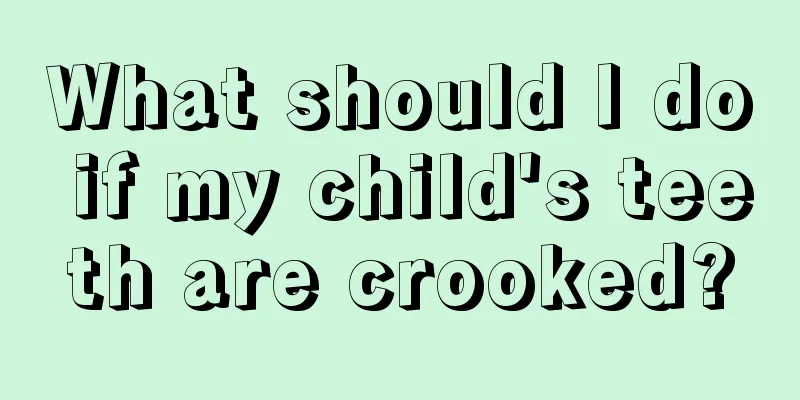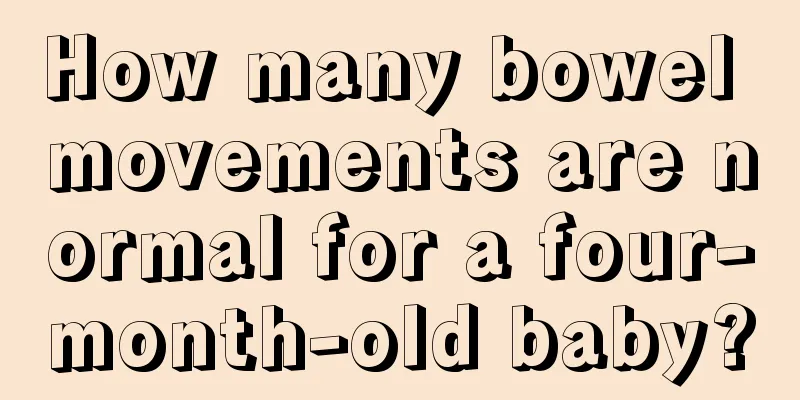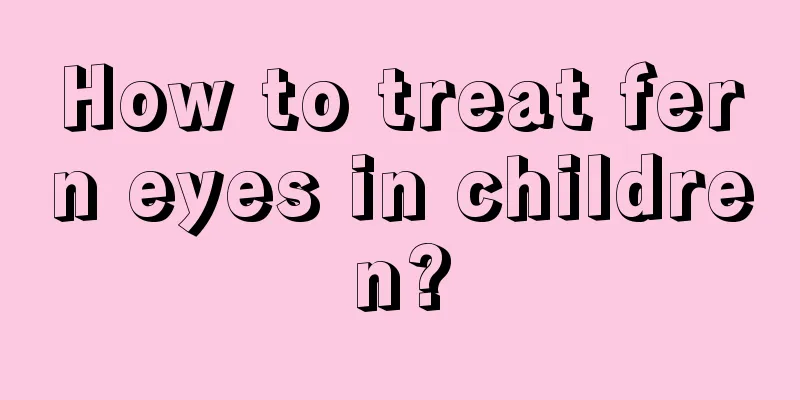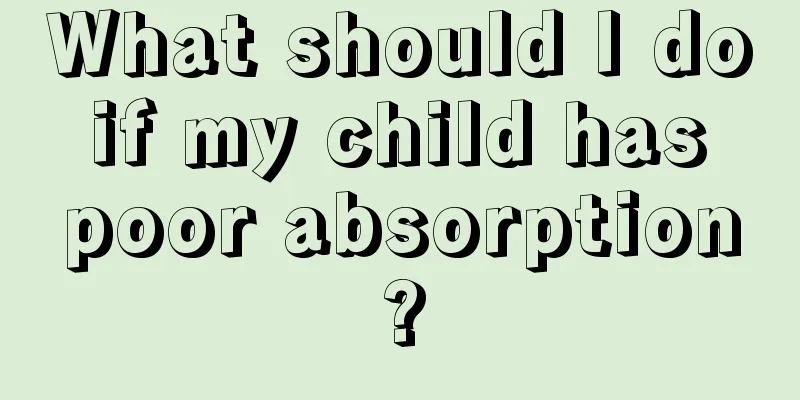Is 37 degrees considered a fever in children?
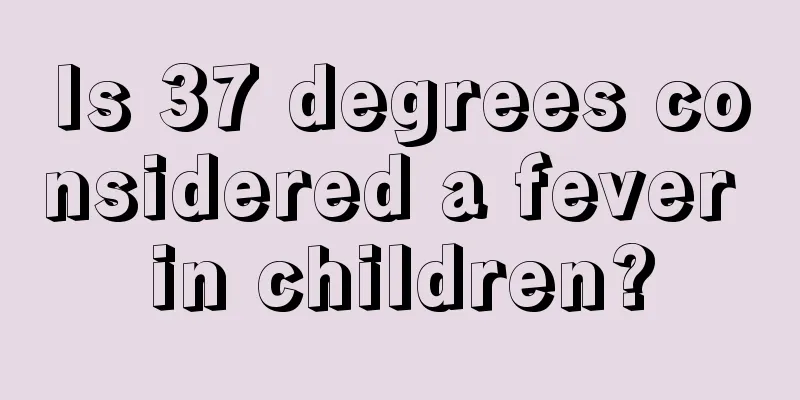
|
When children are young, they are particularly prone to fever if they have inflammation in their bodies. Parents usually choose to measure their children's body temperature under the armpit. In fact, the body temperature measured at different time periods and different positions is also different. The normal body temperature is generally around 36.5 degrees. If it reaches 37 degrees, it is a little hot. So is 37 degrees considered a fever for children? 1. Is a baby's temperature of 37 degrees considered a fever? Is a baby's temperature of 37 degrees considered a fever? The medical term is also called fever. Fever supports the immune system in fighting infectious agents and prevents temperature-sensitive viruses and bacteria from replicating successfully in the body. A baby's temperature of 37 degrees is not considered a fever and is within the normal range. The normal basal body temperature of children is 36.9℃-37.5℃. There are three common places to measure a baby's body temperature, namely the mouth, armpits and anus. The normal body temperature is between 36.5℃-37.5℃ at the anus; between 36.2℃-37.3℃ at the mouth; and between 35.9℃-37.2℃ at the armpit. After measurement, any temperature that exceeds the normal range by more than 0.5℃ is called fever, any temperature that does not exceed 38℃ is called low fever, and any temperature that exceeds 39℃ is called high fever. Young children have a slightly higher body temperature than adults because their temperature regulation center is unstable and their metabolism is more active. Body temperature also fluctuates during the day. It is lower when you are resting and higher when you are active. It is lowest between 2 and 6 in the morning and highest between 2 and 8 in the afternoon, with a fluctuation range of about 0.6°C. Therefore, a child's body temperature may sometimes change with the surrounding temperature. As long as the child is in good spirits and is not crying for unexplained reasons, there is no need to worry too much. Many parents have also observed that their children tend to have high fevers at night. This is because the water content in infants and young children's bodies is higher than that in adults. Even a slight lack of water will affect heat dissipation and make them prone to fever. When children are sick, they have less strength and sleep for a long time. If you don't eat or drink for a long time at night, your body temperature will naturally rise. 2. How many degrees is considered a fever for babies? For parents, a baby's fever is always a very serious matter. If it is not properly cared for, it may even lead to more serious complications. So how many degrees is considered a fever for a baby? The normal axillary temperature of a child is between 36℃-37℃, and it is considered a fever if it exceeds 37.4℃. Under normal circumstances, children's body temperature can fluctuate within a certain range. A body temperature above 37°C is considered a fever. 37.5℃-38.4℃ is a low fever, and above 38.5℃ is a high fever. But every child's physical condition is different, so it depends on the child's physique. If calculated based on rectal temperature, the normal baby's basal body temperature is 36.9℃-37.5℃. Generally, when the body temperature exceeds the basal body temperature by more than 1°C, it is considered a fever. Among them, low fever refers to body temperature fluctuating around 38°C, and high fever refers to body temperature above 39°C. Continuous fever for more than two weeks is called long-term fever. Generally speaking, oral temperature is 0.3℃-0.5℃ lower than rectal temperature, and axillary temperature is 0.3℃-0.5℃ lower than oral temperature. When a baby has a fever, physical methods should be used to reduce the temperature first. If the body temperature exceeds 38.5℃, medication should be used to reduce the temperature. While using medication to reduce fever, physical cooling should also be used. Physical cooling is suitable for babies with high fever and good circulation. You should also pay attention to providing your baby with comprehensive nutrition to improve his immunity. |
<<: 4-year-old baby with intellectual disability
>>: What to do if you have cavities in your teeth_What to do if your child has cavities in his teeth
Recommend
What causes a five-year-old child to cough?
With the development of society and the populariz...
What to do if your 3-year-old baby has a rebellious temper
Parents should use different educational methods ...
The 9 snacks that children often eat have the most food additives
The report pointed out that 10% of children eat s...
What is the reason for black spots on the child's face
Teenagers have black spots on their faces, one af...
The reason why babies often sleep restlessly
When the baby is sleeping, there should not be to...
The order of adding complementary food to children
When the baby is about four months old, we will s...
What should children eat when they have diarrhea?
Parents are the ones who worry the most when thei...
Can newborn vaccination be delayed?
I believe many parents know that when a baby is b...
What to do if your baby has too much hair
Some babies have particularly heavy body hair, wh...
What should I do if my baby has a fever and doesn't want to eat?
When children are sick, they will have a poor app...
The reasons and related introduction of newborns blowing bubbles from their mouths
What is going on when a newborn baby spits bubble...
Why is baby's poop white?
It is the common wish of every baby that he or sh...
Is it normal for a newborn to poop all the time?
We all know that after a newborn is born, their g...
Do children who speak late have low IQs?
Generally speaking, when a child is about one yea...
What are the methods of massaging the newborn's belly?
Some newborns are prone to indigestion or food ac...
